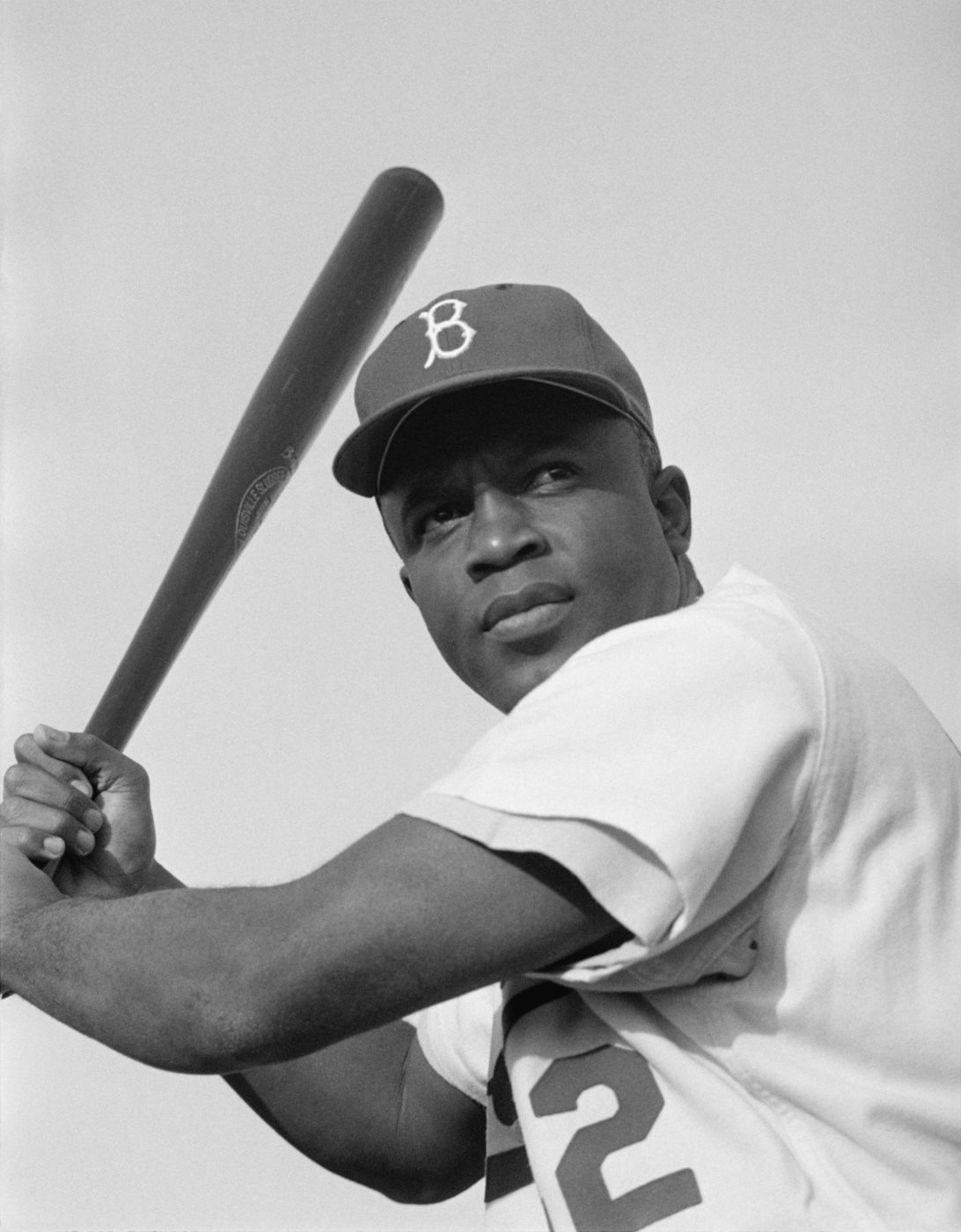March 2019

The youngest of five children, Jackie had a natural gift for athletics. In college he played basketball, football, track, and baseball. Following the attack on Pearl Harbor he was drafted into the Army. During this time, he rose to the position of second lieutenant. Robinson was court martialed when he refused to move to the back of one of the Army buses; however, he was later honorably discharged. By 1945 he had returned to his passion, athletics; yet, two years later he would be making history.
During this time, Branch Rickey was the owner of the Brooklyn Dodgers and had aspirations for Jackie Robinson. Together, this duo, would revolutionize baseball. Rickey expressed to Robinson, “I’m looking for a ballplayer with guts enough to not fight back.” The covenant made between these two men, would change the country. When looking back on Branch Rickey’s motivation, the common thread is the cruelty he saw Charles Thomas, a former player of his, endure and the impact it had on him. Rickey vowed, “I would always do whatever I could to see that other Americans did not have to face the bitter humiliation that was heaped upon Charles Thomas.” Being the only African American player on the Ohio Wesleyan University baseball team, Thomas faced the brunt of racial injustice. These incidents spurned Rickey for the rest of his life to seek racial equality in baseball.
On April 15, 1947 Robinson officially entered the Major League as the first African American player. In his first year with the Dodgers he won the Rookie of the Year Award. While playing in the league, Jackie Robinson endured racial abuse. He faced segregation and even death threats but handled it with self-control and composure. In 1949, he won the league’s MVP award and a World Series championship in 1955.
Sports writer Roger Kahn recounted in his novel, The Boys of Summer, “[Robinson] wanted passionately to win. He bore the burden of a pioneer and the weight made him stronger. If one can be certain of anything in baseball, it is that we shall not look upon his like again.” After his career in baseball, Robinson broke several other barriers. He became the first African American to be Vice President of a major corporation in the U.S. and the first African American commentator for the MLB. He continued being a civil rights activist and became the chairman and then was later elected to the NAACP’s board of directors.
Jackie Robinson said, “A life is not important except in the impact it has on other lives.” Truly, the impact of Jack Roosevelt Robinson’s life can still be seen today. While baseball memorialized him as a hall-of-famer, we honor him as a humanitarian. Using his talent and actions, he propelled generations of African Americans to a seat at the table.
---Kalifa Stringfield
Kalifa Stringfield is a Masters student in the College of Engineering